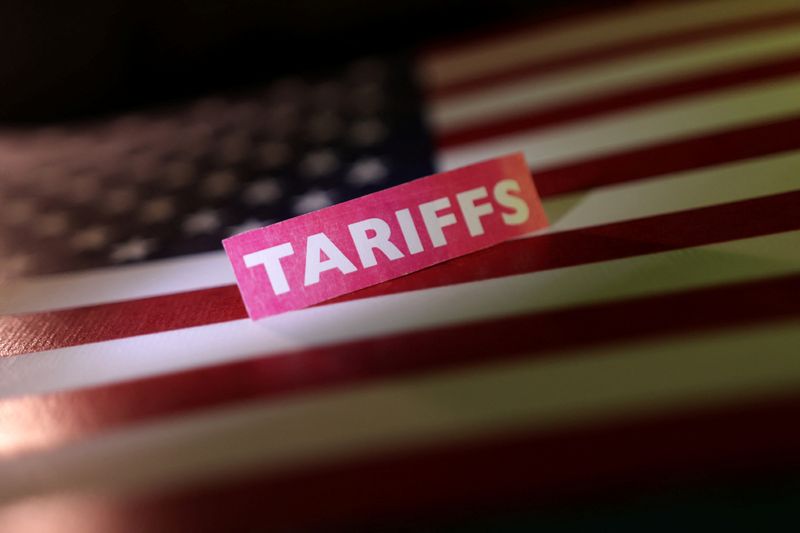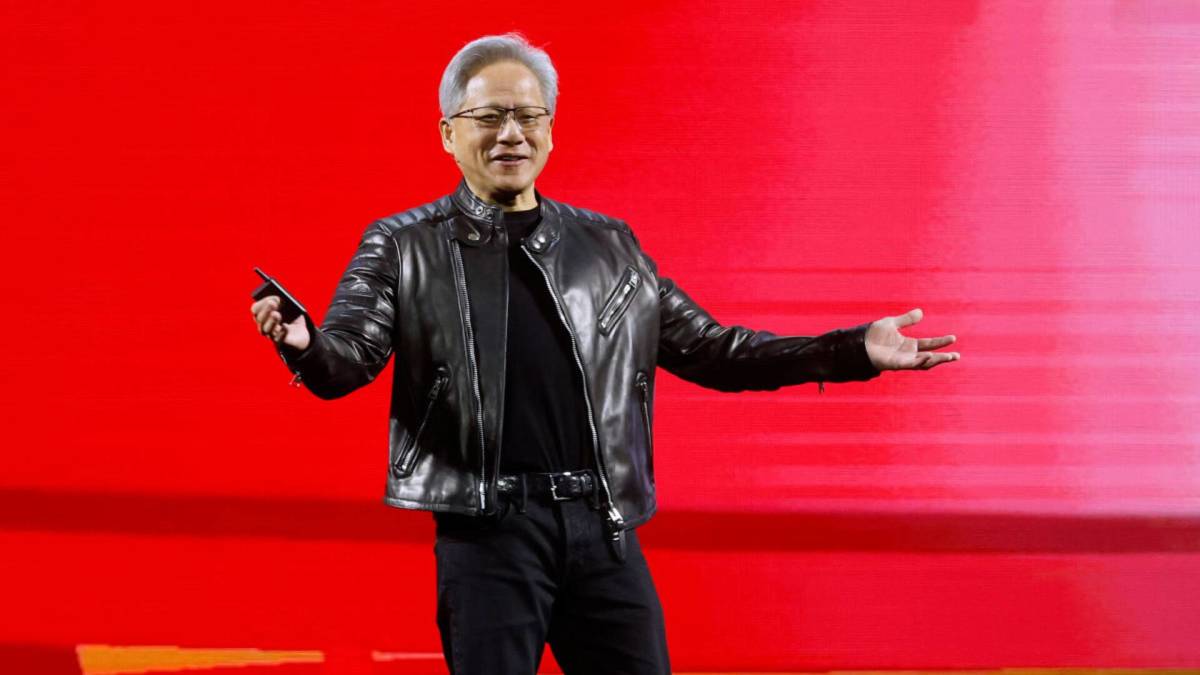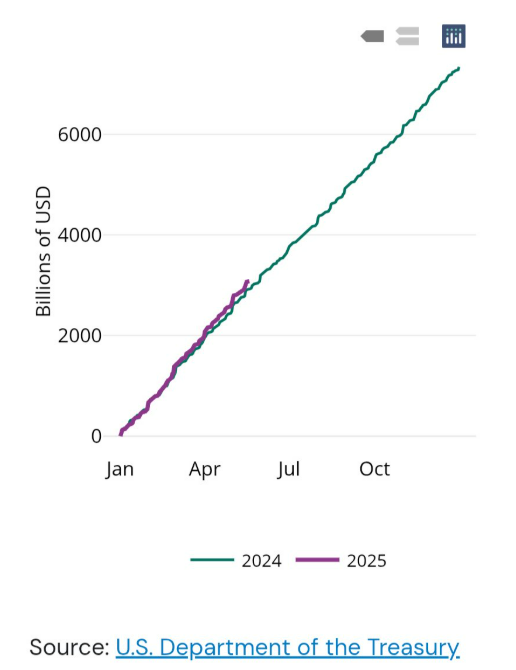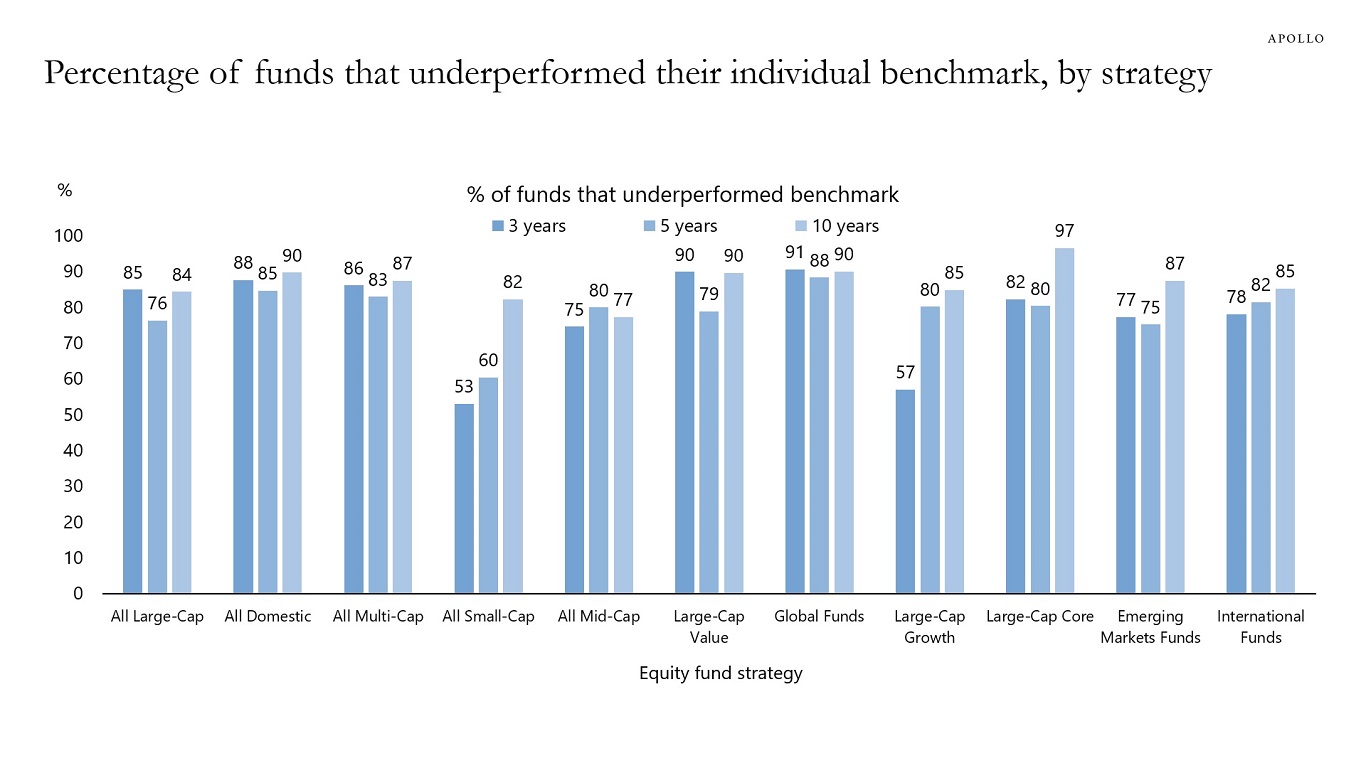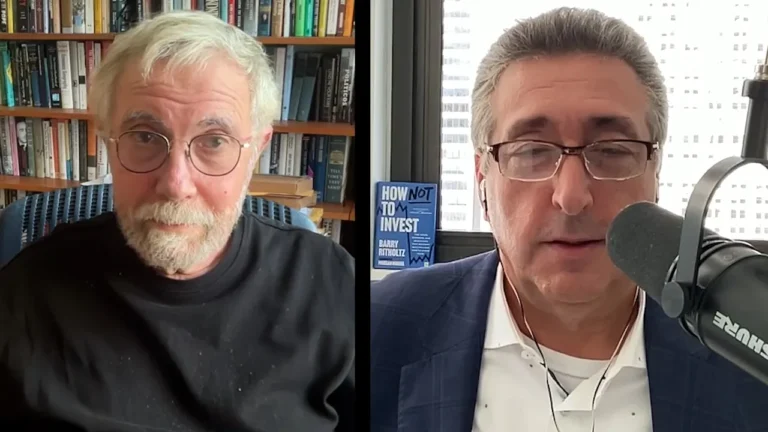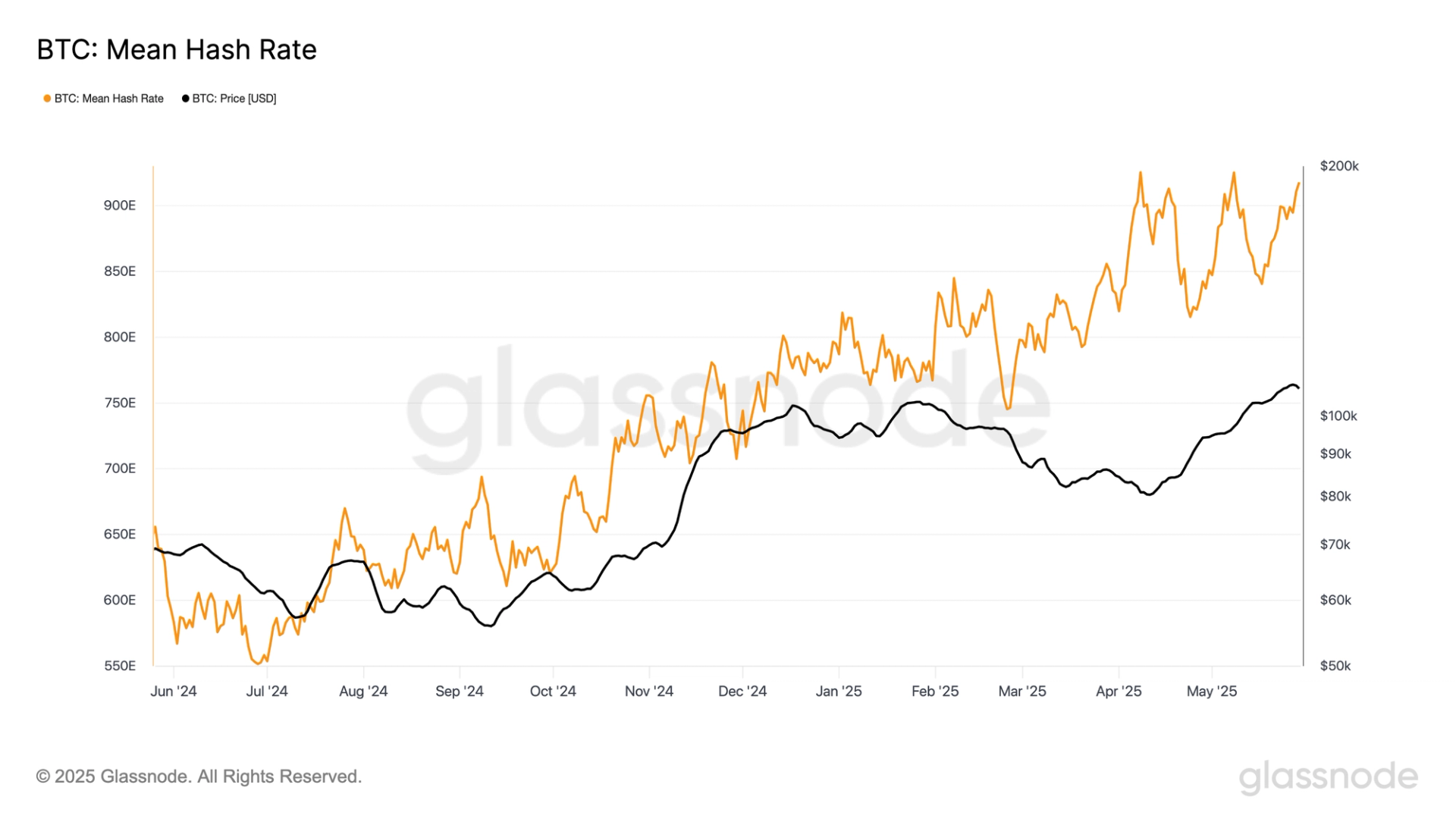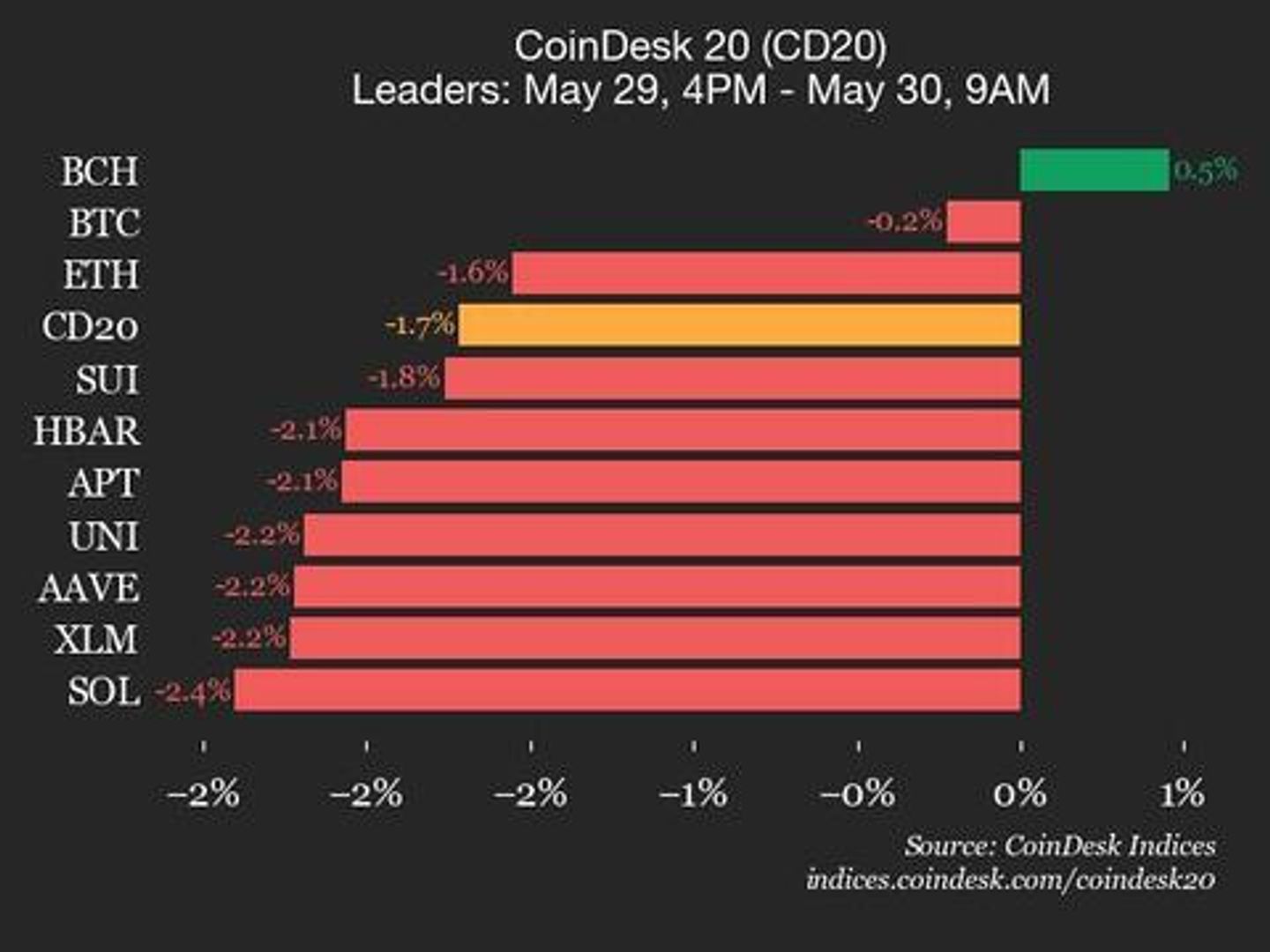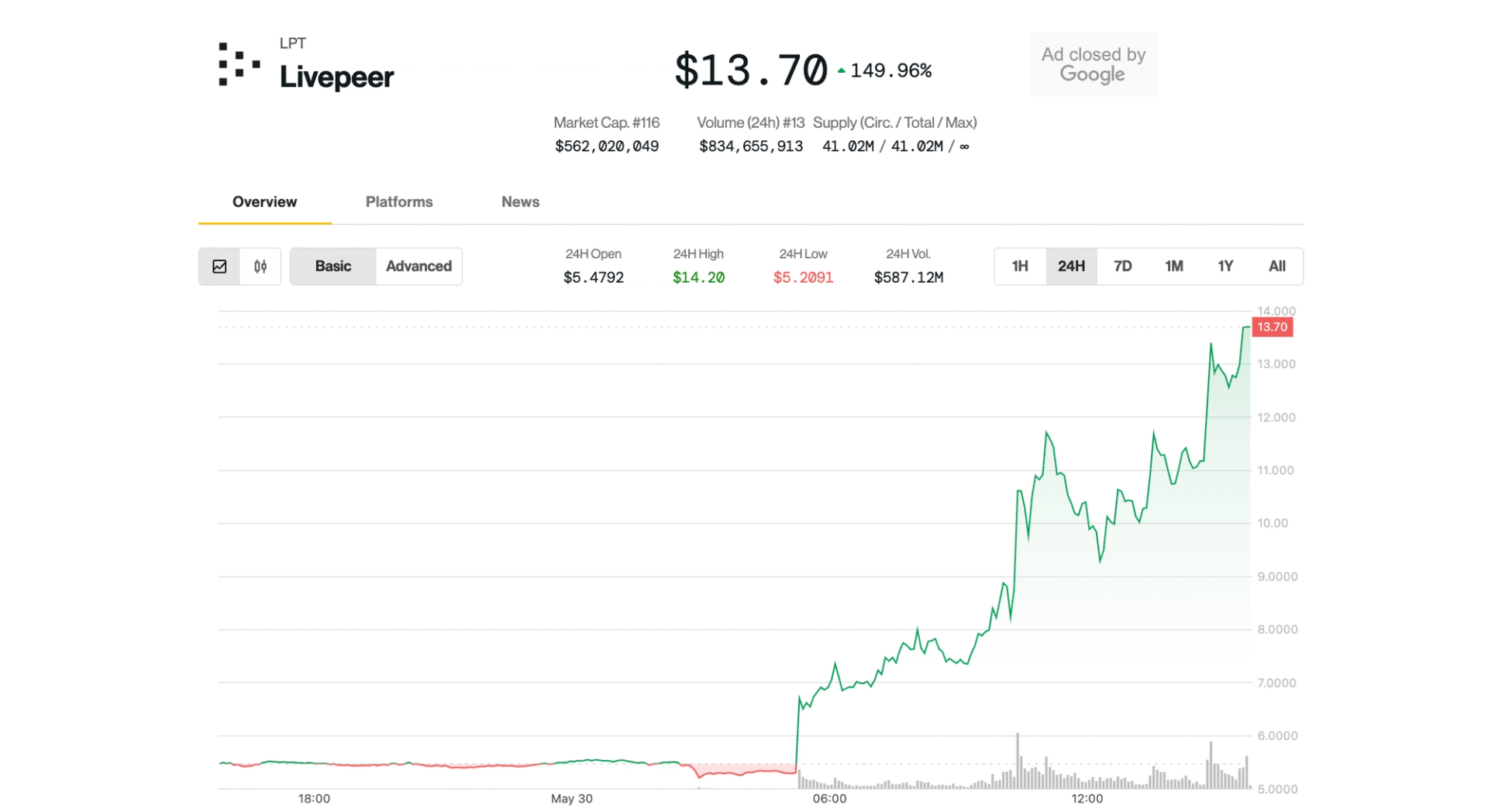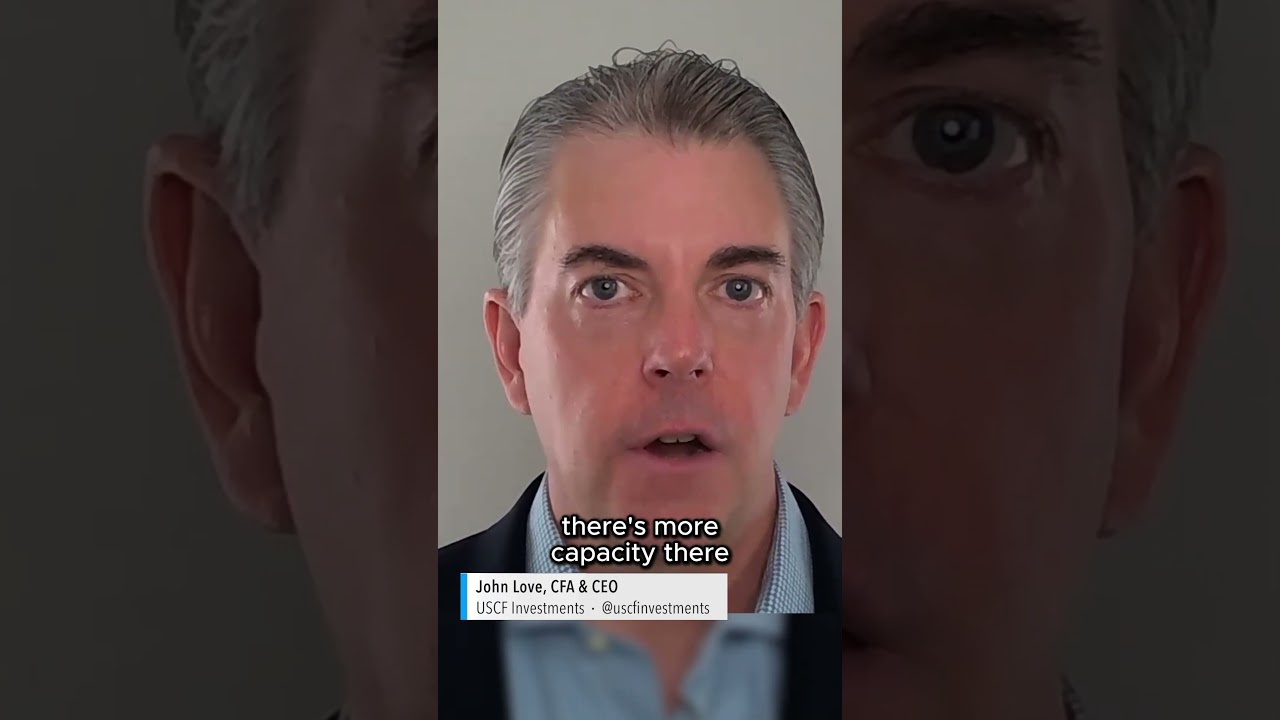Volvo cuts 15% of office staff amid tariff uncertainty
Huge ‘old-school’ automaker cuts 15% of its workforce as tariff threats and EV competition mount.

Do you remember when you bought your first car?
I was ecstatic. It doesn’t matter that it was a used car as old as me (and I was 22 at the time), that it would stall when driving through even a small puddle, and that there were all kinds of things not working properly.
It was mine. And I bought it. With borrowed money, of course.
Related: Ford files shocking $300 million RICO lawsuit
A lot has changed since then, but I still love that car, and that brand — Škoda.
Everyone has that one favorite car brand. They like it because of the performance, quality, reliability, and design. Brands with a reputation for durability and low maintenance tend to attract customers.
People are known to get so attached to one specific car brand that they don’t change. Ever. And when their favorite brand is having troubles, it matters.
There’s no doubt that these are not the best times for the automotive industry. May 2025 U.S. auto sales are expected to reach 1.47 million units, with a seasonally adjusted annual rate (SAAR) of 15.7 million, down from the 17.6 million average in March and April.
While the numbers don’t reveal any special concerns, S&P Global Mobility analyst Chris Hopson stressed that this may be “the last period this year to post positive growth,” citing swirling tariff, consumer, and auto inventory conditions. Image source: Shutterstock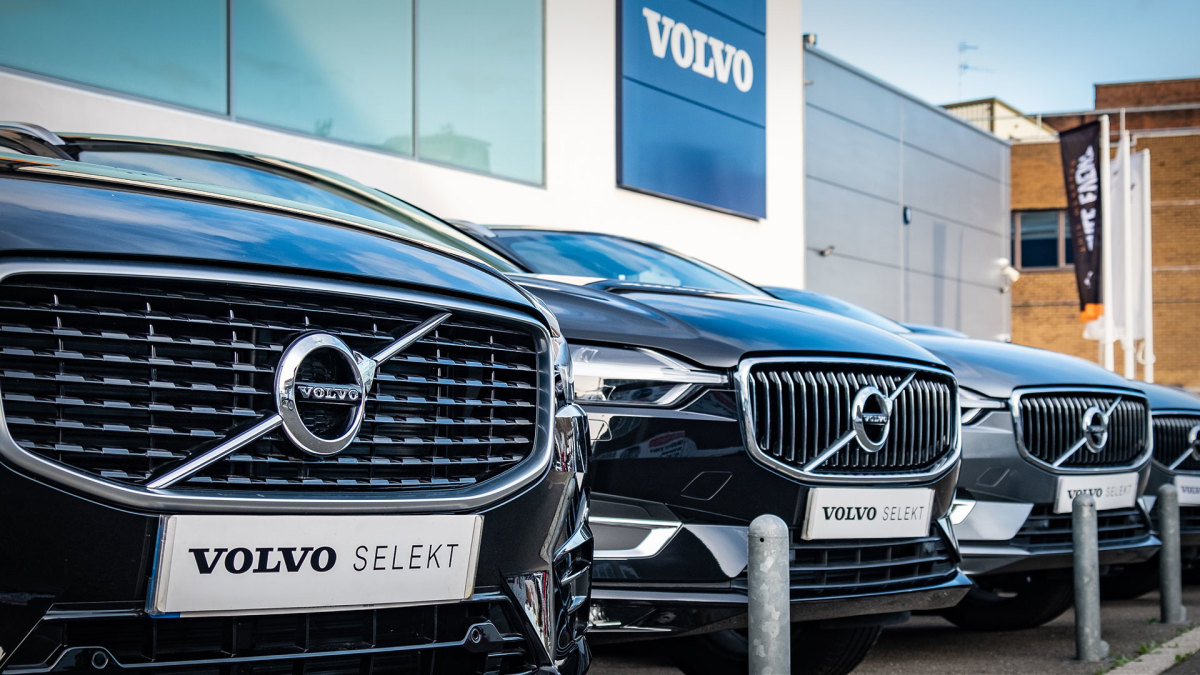
Volvo cuts 3,000 white-collar jobs amid restructuring efforts
World-renowned Swedish automaker Volvo Cars announced on May 26 global redundancies, as part of its recently launched cost and cash action plan.
The SEK 18 billion (around $1.88 billion) plan includes a reduction of around 3,000 positions including consultants at Volvo Cars’ operations around the globe. That’s about 15% of the company's total office-based workforce globally.
More Automotive:
- Tesla sales woes mount in Europe amid disappointing update
- Nissan planning a drastic move to save itself from financial ruin
- New DOT rule could worsen trucker shortage, cause delivery delays
These layoffs will include about 1,000 consultant positions and around 1,200 office-based positions mostly in Sweden, with the remainder in other countries.
“The actions announced today have been difficult decisions, but they are important steps as we build a stronger and even more resilient Volvo Cars,” stated CEO Håkan Samuelsson. “The automotive industry is in the middle of a challenging period. To address this, we must improve our cash flow generation and structurally lower our costs. At the same time, we will continue to ensure the development of the talent we need for our ambitious future.”
Customers need to pay for rising tariffs
The restructuring efforts come at times when the “old-school” automaker is working on delivering its long-term plan to become a fully electric car company.
In addition to high competition in the EV industry, Volvo is facing another challenge: U.S. tariff uncertainty.
On May 23, President Trump, angered by the drag in the tariff negotiation with the European Union, threatened to raise the tariff rate to 50% starting June 1. However, on May 26, he backed off the threat, agreeing to extend a deadline to negotiate tariffs by more than a month.
The popular carmaker, renowned for its focus on safety, makes most of its products in Europe and China, leaving it more exposed to new U.S. tariffs than many of its European competitors.
Samuelsson said last week that its customers would have to pay a large portion of tariff-related costs increases, and if levies rise, it could become impractical to import one of its most affordable cars to the U.S., according to Reuters.
More precisely, Samuelsson made it clear that a 50% tariff would make it impossible for Volvo to sell its Belgium-made EX30 electric vehicle in the U.S.
Last month, Volvo also shared it will no longer provide financial guidance for 2024 and 2025, citing “external development and increased uncertainties.”
Related: Volvo may say goodbye to a beloved fan-favorite car






